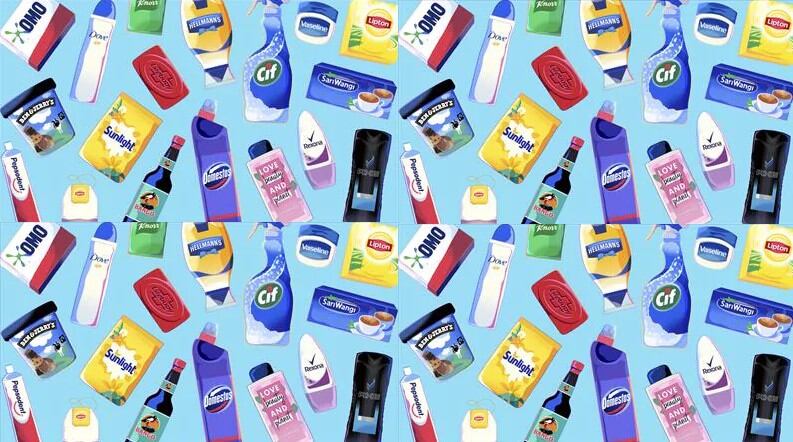Initially agreed by Unilever’s board in June 2020, following 18 months of review, the unification had now been completed. Unilever NV, the company’s previous Dutch legal entity, ceased to exist and the company’s entire portfolio of consumer packaged goods (CPG) brands – from Lifebuoy, Dove, Rexona and Sunsilk to Knorr, Lipton, Domestos and Surf – now legally operated under one single parent company Unilever PLC.
"From today, and for the first time in its history, Unilever now trades with one market capitalisation, one class of shares and one global pool of liquidity, whilst also maintaining the Group’s listings on the Amsterdam, London and New York stock exchanges", the company said.
‘Greater flexibility for strategic portfolio change’
Under the unified structure, Unilever would maintain its current business locations and operations, with beauty and personal care – its largest division – headquartered in London, UK, along with home care, and food and refreshment headquartered in Rotterdam, Netherlands. What the legal unification changed, however, was the level of flexibility the company had to grow shareholder value, accelerate portfolio change and facilitate greater organisational autonomy. It notably made any acquisitions and demergers easier to carry out, for example.
“This is an important day for Unilever,” said company chairman Nils Andersen. “We would like to thank our shareholders for their strong support of our unification proposals.”
Andersen said the move gave Unilever “greater flexibility for strategic portfolio change”, removing complexity and further improving governance.
‘Even more important' amidst COVID-19
Alan Jope, CEO of Unilever, previously said the unification of the company’s “complex legal structure” was in the “long-term interests” of the business.
Speaking in Unilever’s video announcement back in June, Jope said it would put the company “on a level playing field” with competitors, ensuring it was “best positioned for future success”.
“This is even more important in the context of the COVID-19 pandemic, which is creating a business environment where having as much flexibility and responsiveness as possible will be crucial,” he said.
Last month, Jope told investors on Unilever’s Q3 earnings call – where the company reported a 2.4% dip in net sales – that the outlook remained “unpredictable in the near term” because of COVID-19. He said the company therefore had to remain focused on “volume-led competitive growth”.


